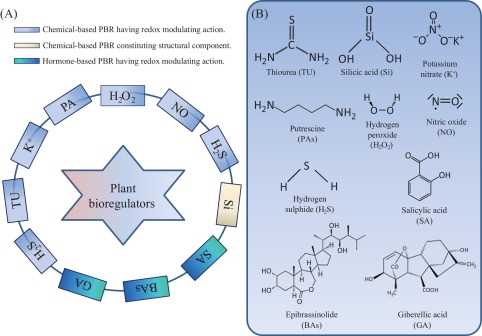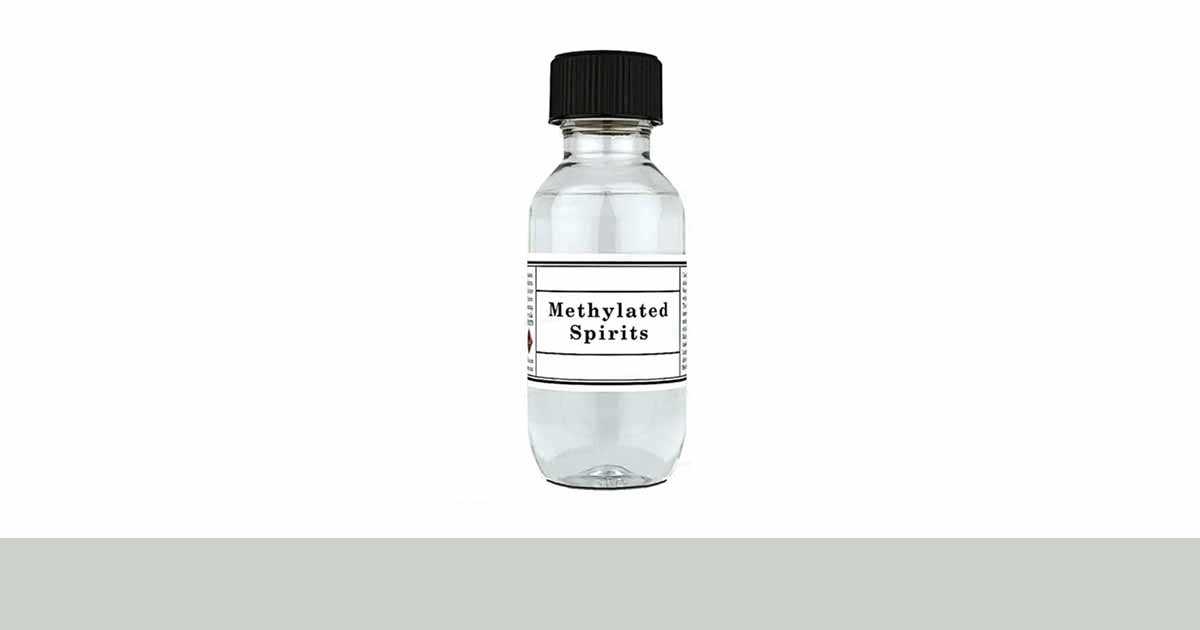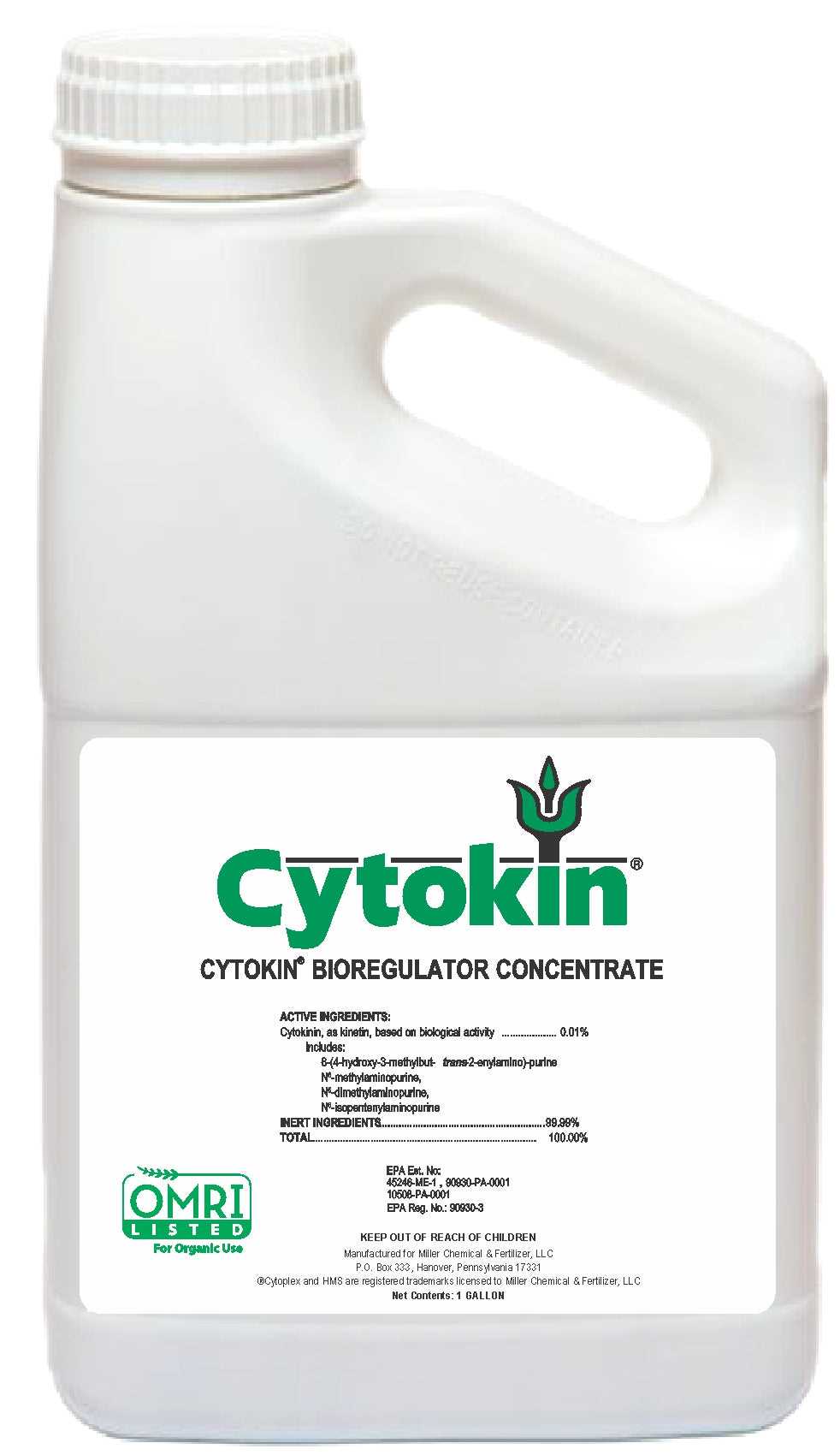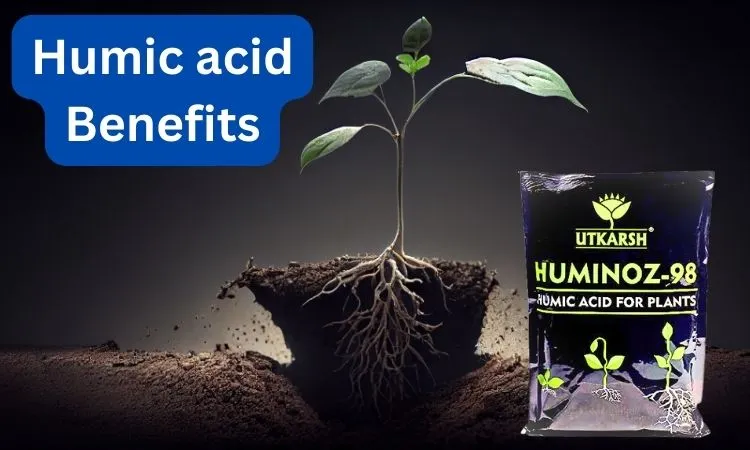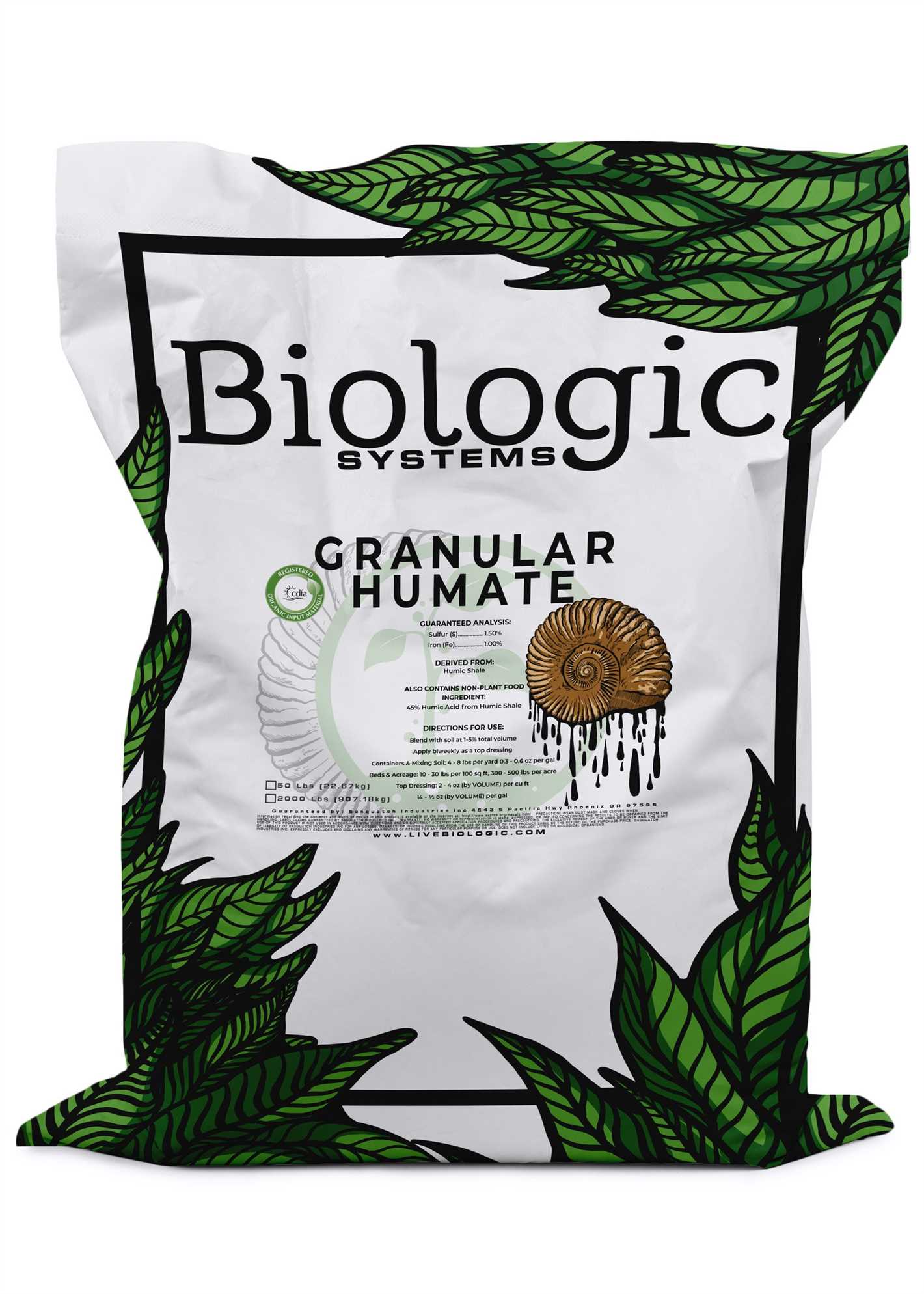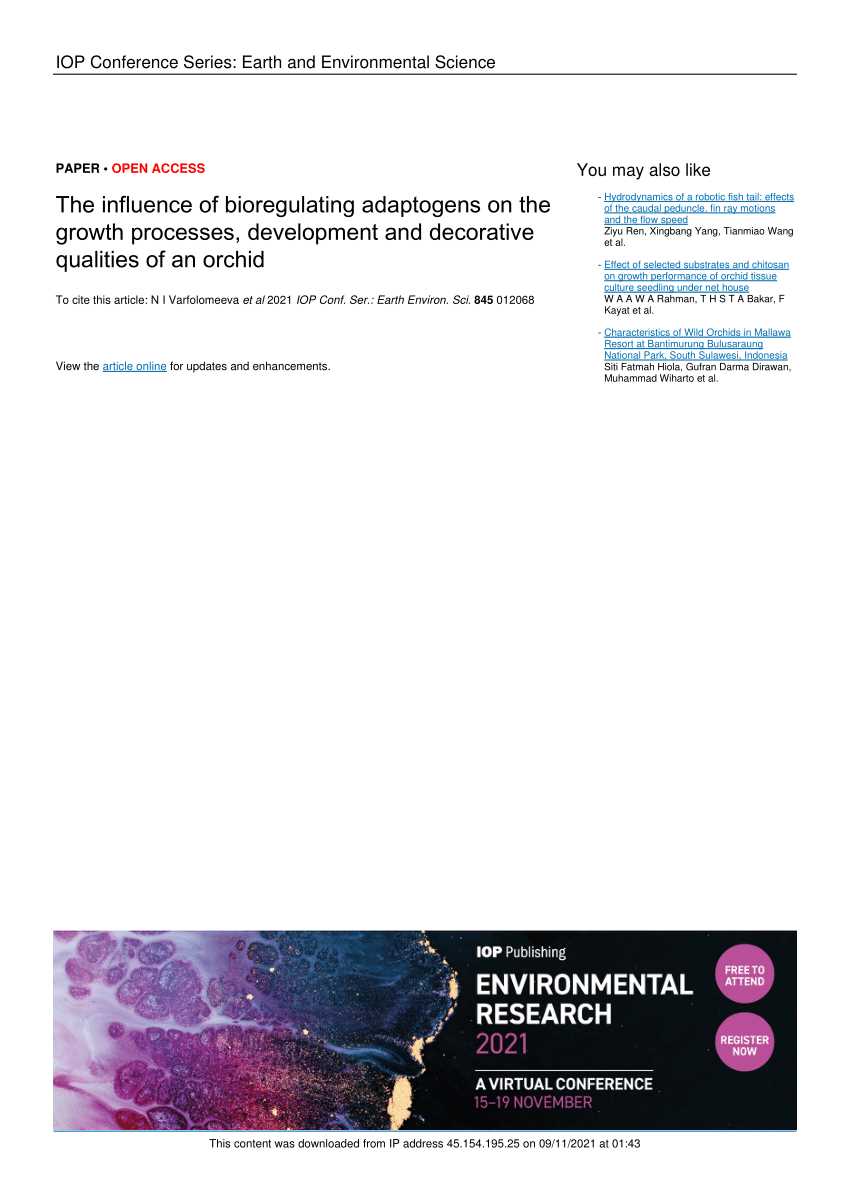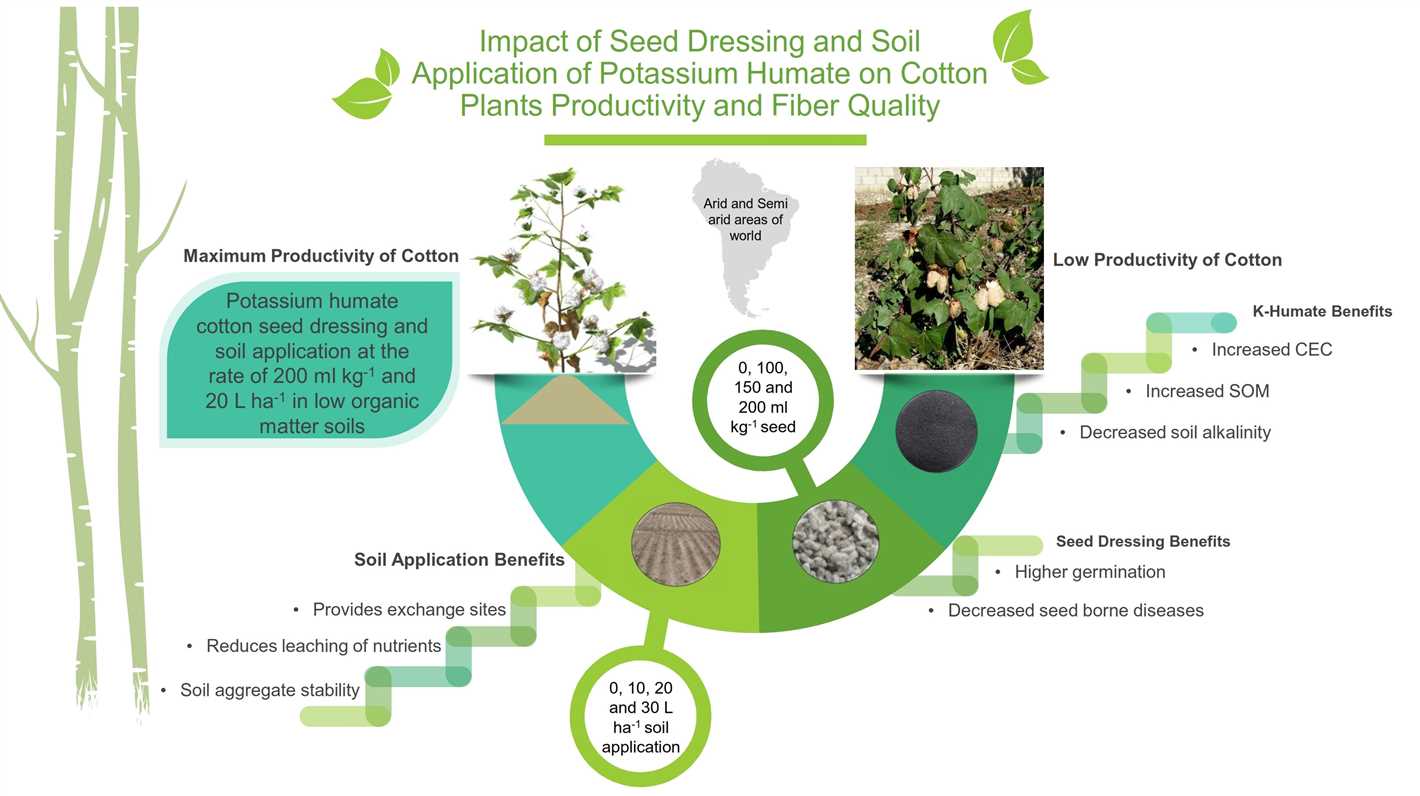- The Power of Bioregulator Amber Acid
- Benefits of Bioregulator Amber Acid:
- Uses of Bioregulator Amber Acid:
- Boosting Plant Growth Naturally
- 1. Improved Nutrient Absorption
- 2. Increased Resistance to Environmental Stress
- 3. Enhanced Photosynthesis
- 4. Faster Seed Germination
- 5. Improved Flowering and Fruit Development
- 6. Safe and Environmentally Friendly
- Conclusion
- Enhancing Immunity and Resistance
- Improving Absorption of Nutrients
- Increasing Drought and Cold Tolerance
- Promoting Flowering and Fruit Set
- Benefits
- Application Methods
- Timing of Application
- Protecting Against Pest and Disease Damage
- Amplifying Antioxidant Effects
- Facilitating Post-Harvest Preservation
- Benefits of Bioregulator Amber Acid for Plants in Post-Harvest Preservation:
- Application of Bioregulator Amber Acid for Post-Harvest Preservation:
- Conclusion:
- Question-answer:
- What is amber acid?
- How is amber acid beneficial for plants?
- In what forms is amber acid available for plants?
- What are the uses of amber acid in agriculture?
- Is amber acid safe for plants?
- Are there any research studies supporting the benefits of amber acid for plants?
- Video: Succinic Acid Creates a New Renewable Resource

The use of bioregulators in agriculture has gained popularity in recent years as a more sustainable and eco-friendly alternative to traditional chemical fertilizers. One such bioregulator that has shown promising results is amber acid.
Amber acid, also known as succinic acid, is a natural substance that is found in various plants and animals. It plays a vital role in the growth and development of these organisms, and its benefits for plants have been widely studied and documented.
One of the main benefits of using amber acid as a bioregulator is its ability to enhance the overall health and productivity of plants. It has been found to stimulate the growth of roots, improve nutrient absorption, and increase the resistance of plants to various environmental stressors such as drought, cold, and disease.
In addition to these benefits, amber acid also enhances the efficiency of photosynthesis, which leads to increased yields and improved quality of crops. It acts as a catalyst in the process, optimizing the use of sunlight and carbon dioxide by plants to produce energy.
Furthermore, amber acid has been found to have a positive impact on the reproductive processes of plants, leading to an increase in the number of flowers and fruits produced. This can be particularly beneficial for commercial growers looking to maximize their harvest.
In conclusion, the use of bioregulators such as amber acid offers several advantages for plant growth and development. Not only does it improve the overall health and productivity of plants, but it also enhances their resistance to environmental stressors and optimizes their use of resources. With further research and development, amber acid has the potential to revolutionize the field of agriculture and contribute to more sustainable and efficient farming practices.
The Power of Bioregulator Amber Acid
Bioregulator Amber Acid is a powerful plant growth stimulant that is derived from natural sources. It is made from the resin of ancient pine trees, and it contains a wide range of beneficial compounds that can enhance the growth and development of plants. Amber Acid has been used for centuries in traditional medicine and now its benefits are being discovered in the world of plant cultivation.
Benefits of Bioregulator Amber Acid:

- Enhances plant growth: Amber Acid stimulates plant growth by promoting cell division, increasing the production of chlorophyll, and improving nutrient uptake. This results in faster and healthier growth, leading to higher yields.
- Improves plant resistance: The active compounds in Amber Acid help to improve the plant’s resistance to various environmental stresses such as drought, heat, and disease. This allows plants to better withstand adverse conditions and continue to grow and produce.
- Boosts root development: Amber Acid promotes the development of a strong and healthy root system. This is essential for nutrient absorption and water uptake, leading to improved overall plant health and vigor.
- Increases fruit quality: By enhancing the plant’s metabolism, Amber Acid can improve the quality and taste of fruits and vegetables. It can also increase the content of vitamins, minerals, and other beneficial compounds in the produce.
- Safe and natural: Bioregulator Amber Acid is a natural product that is environmentally friendly and safe to use. It does not leave harmful residues in the soil or on the plants, making it suitable for organic farming and gardening.
Uses of Bioregulator Amber Acid:
Bioregulator Amber Acid can be used in various plant cultivation practices:
- Seeds treatment: Soaking seeds in a solution of Amber Acid can enhance germination, promote seedling development, and improve the overall growth of the plant.
- Foliar application: Diluted Amber Acid can be sprayed on the leaves of plants to provide them with essential nutrients, stimulate growth, and increase resistance to pests and diseases.
- Root drenching: Pouring a diluted solution of Amber Acid at the base of plants helps in the formation of a robust root system and improves nutrient absorption.
- Hydroponics: Adding Amber Acid to the hydroponic nutrient solution can significantly enhance plant growth and increase yields.
- Transplanting: Treating transplants with Amber Acid before planting can minimize transplantation shock and promote faster establishment in the new growing environment.
Overall, Bioregulator Amber Acid is a valuable tool for plant growers looking to maximize their yield, improve plant health, and enhance the quality of their produce in a sustainable and eco-friendly way.
Boosting Plant Growth Naturally
Bioregulator Amber Acid is a natural and effective way to promote plant growth and development. This organic substance, derived from fossilized tree resin, provides numerous benefits to plants, making it a popular choice among gardeners and farmers.
1. Improved Nutrient Absorption
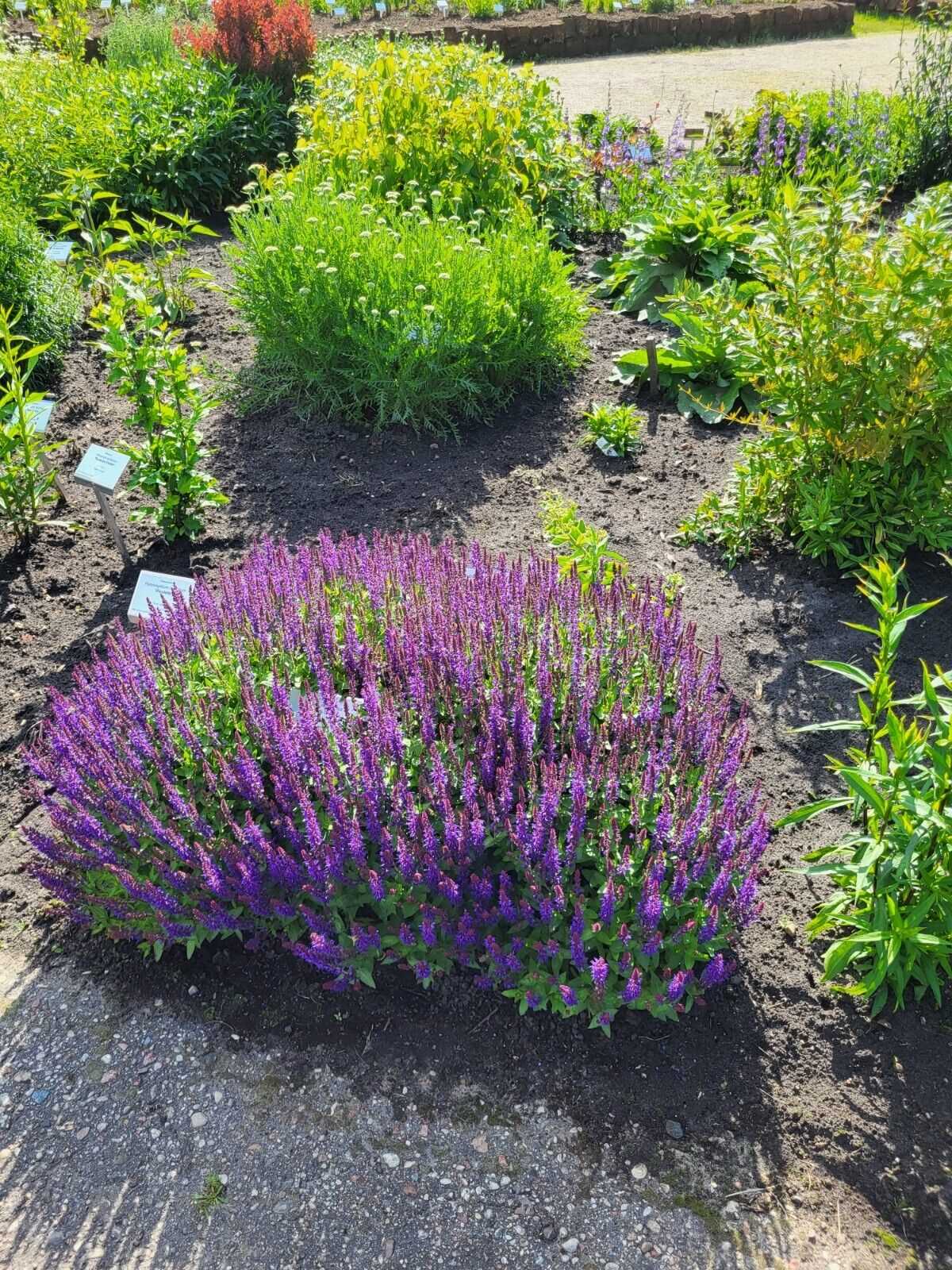
Amber Acid helps plants absorb essential nutrients from the soil more efficiently. By enhancing the root system’s ability to take in minerals, it ensures that plants receive a balanced and adequate supply of nutrients necessary for healthy growth.
2. Increased Resistance to Environmental Stress

When plants are exposed to stressful environmental conditions such as extreme temperatures, drought, or disease, their growth can significantly be affected. However, by using Amber Acid, plants become more resistant to these stress factors. It improves plants’ ability to withstand adverse conditions, resulting in stronger and healthier growth.
3. Enhanced Photosynthesis
Amber Acid stimulates the process of photosynthesis in plants, enabling them to convert sunlight into energy more efficiently. This leads to increased plant vigor and overall productivity.
4. Faster Seed Germination
Amber Acid helps accelerate the germination of seeds, allowing for quicker and more uniform seedling emergence. This is particularly beneficial in agricultural and horticultural settings where timely seedling establishment is critical.
5. Improved Flowering and Fruit Development

By promoting hormonal balance within plants, Amber Acid enhances flower and fruit formation. It helps plants produce more abundant and vibrant blooms, as well as larger and juicier fruits.
6. Safe and Environmentally Friendly
Unlike synthetic growth enhancers, Amber Acid is a natural and biodegradable product. It poses no harm to the environment and can be safely used in organic gardening and farming practices.
Conclusion
Bioregulator Amber Acid is a powerful tool for boosting plant growth naturally. It offers a range of benefits, including improved nutrient absorption, increased resistance to environmental stress, enhanced photosynthesis, faster seed germination, and improved flowering and fruit development. Additionally, its eco-friendly nature makes it a sustainable choice for both hobbyist gardeners and commercial growers.
Enhancing Immunity and Resistance
Bioregulator Amber Acid has been found to have a significant impact on enhancing the immunity and resistance of plants. When used as a foliar spray or root drench, it activates the plant’s natural defense mechanisms, making it more resistant to various diseases, pests, and environmental stresses.
The active ingredient in Amber Acid stimulates the production of phytoalexins, which are compounds that plants produce to fight off pathogens. This not only helps plants fend off diseases but also strengthens their overall immune system. As a result, the plants are better able to withstand attacks from bacteria, fungi, viruses, and insects.
In addition to enhancing immunity, Amber Acid also improves the plant’s resistance to environmental stresses such as drought, heat, and cold. It helps the plant retain water, regulate its temperature, and adapt to changing climatic conditions. This is especially beneficial for plants grown in challenging environments or those that are frequently exposed to extreme weather conditions.
Furthermore, Amber Acid promotes overall plant vitality and health. It helps plants grow stronger, produce more chlorophyll, and increase their photosynthetic rate. This leads to improved plant growth, increased yields, and better quality produce.
The use of Amber Acid as a bioregulator not only benefits individual plants but also contributes to sustainable agriculture. By enhancing the immunity and resistance of plants, it reduces the need for synthetic pesticides and fungicides, resulting in healthier and more environmentally friendly farming practices.
The application of Amber Acid is simple and convenient. It can be applied as a foliar spray or added to the plant’s irrigation system as a root drench. The recommended dosage and frequency of application may vary depending on the specific plant species and growth stage.
Overall, the use of Bioregulator Amber Acid is an effective and natural way to enhance the immunity and resistance of plants. It not only helps plants fight off diseases and pests but also improves their ability to adapt and thrive in challenging environments. By incorporating Amber Acid into their cultivation practices, farmers and gardeners can promote sustainable and healthy plant growth.
Improving Absorption of Nutrients
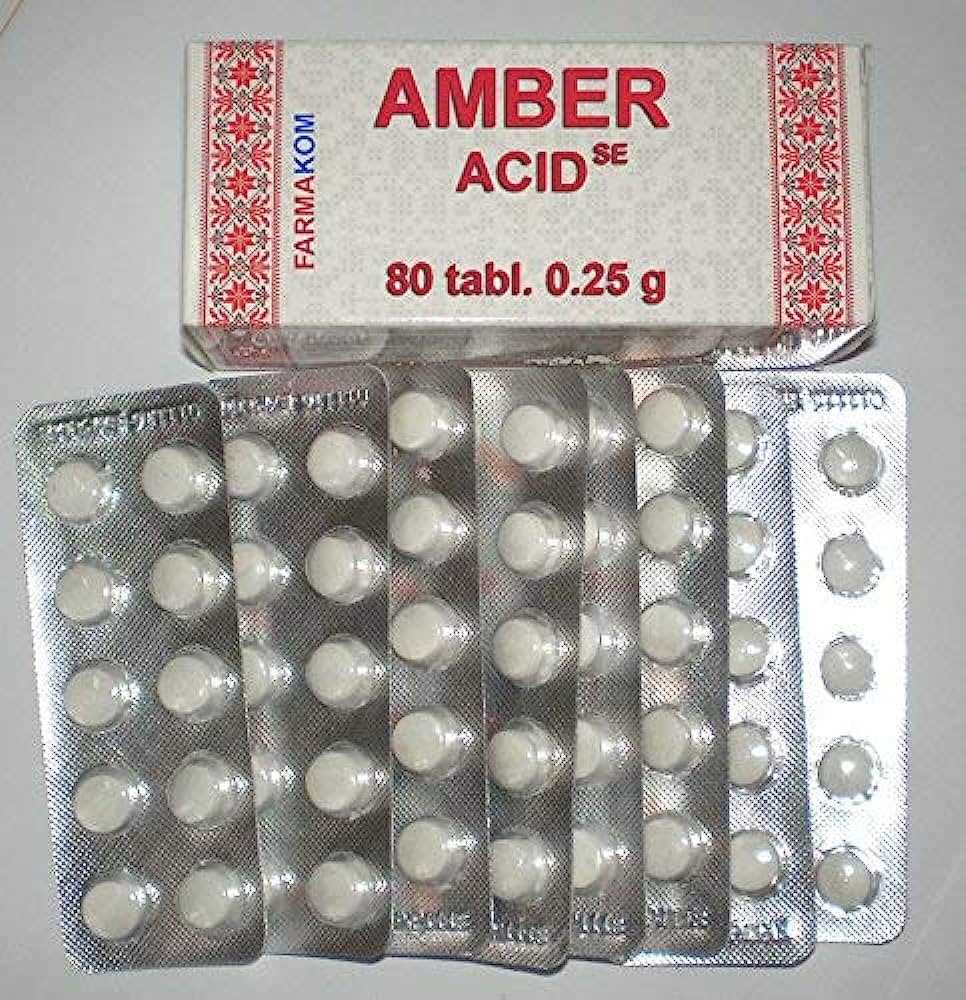
The use of Bioregulator Amber Acid for plants can significantly improve the absorption of nutrients. This is particularly beneficial for plants that are grown in nutrient-deficient soils or under unfavorable growing conditions.
Amber Acid acts as a natural chelating agent, which means it helps to bind minerals and nutrients in the soil and make them more available for plant uptake. By forming complexes with these nutrients, Amber Acid helps to prevent them from becoming chemically inactive or immobile, ensuring that they can be readily absorbed by plant roots.
In addition to improving nutrient availability, Bioregulator Amber Acid also enhances the root system’s ability to absorb nutrients. It stimulates the growth of root hairs and increases the surface area of the roots, allowing for greater nutrient uptake. This, in turn, leads to improved plant growth, development, and overall health.
- Increases nutrient availability in nutrient-deficient soils
- Enhances root system development
- Stimulates the growth of root hairs
- Improves nutrient uptake
- Promotes overall plant health and growth
By improving nutrient absorption, Bioregulator Amber Acid can help plants overcome various stressors, including nutrient deficiencies, drought, and high salinity. It also helps plants to better utilize fertilizers, reducing nutrient wastage and environmental pollution.
Overall, the use of Bioregulator Amber Acid is a natural and effective way to improve the absorption of nutrients in plants, resulting in healthier and more productive crops.
Increasing Drought and Cold Tolerance
Bioregulator Amber Acid has been found to enhance the drought and cold tolerance of plants, making them more resistant to adverse environmental conditions. This can be particularly beneficial for plants that are grown in regions with unpredictable weather patterns or for crops that are subjected to prolonged periods of drought or cold temperatures.
One of the ways in which Amber Acid improves drought tolerance is by regulating the opening and closing of stomata, which are small pores on the surface of leaves that allow for the exchange of gases. In times of water scarcity, plants tend to close their stomata to prevent excessive water loss through transpiration. However, this can also impede the intake of carbon dioxide, which is necessary for photosynthesis. By applying Amber Acid, plants are able to maintain a balance between water conservation and maintaining an adequate supply of carbon dioxide for photosynthesis, thereby increasing their drought tolerance.
In addition to regulating stomatal movement, Amber Acid also enhances the synthesis of osmoprotectants such as proline, which help plants to retain water within their cells and protect against cellular damage caused by drought stress. This enables plants to maintain their cellular integrity and functionality even under water-stressed conditions.
Amber Acid has also been shown to improve cold tolerance in plants. Cold temperatures can damage plant tissues and inhibit metabolic processes, leading to reduced growth and productivity. However, the application of Amber Acid has been found to increase the synthesis of antifreeze proteins, which protect plant cells from freeze-induced damage. These proteins lower the freezing point of the cell cytoplasm, preventing the formation of ice crystals that can cause cell rupture.
Furthermore, Amber Acid enhances the activity of antioxidant enzymes such as superoxide dismutase, catalase, and peroxidase, which help to scavenge harmful reactive oxygen species that are produced under cold stress. By reducing oxidative damage, plants are able to better tolerate cold temperatures and recover more quickly after exposure to freezing conditions.
Overall, the use of Bioregulator Amber Acid can significantly improve the drought and cold tolerance of plants, enabling them to better withstand unfavorable environmental conditions. This can result in increased crop yields, improved plant health, and greater resilience in the face of climate change.
Promoting Flowering and Fruit Set
Amber Acid can be used as a bioregulator to promote flowering and fruit set in plants. By applying Amber Acid, the plant’s hormonal balance can be optimized, leading to improved flower and fruit development.
Benefits
- Increased Flower Production: Amber Acid stimulates the plant’s natural reproductive processes, resulting in an increased number of flowers.
- Enhanced Pollination: The application of Amber Acid can promote successful pollination, ensuring better fruit set.
- Improved Fruit Quality: With optimized hormonal balance, the fruits that develop after Amber Acid treatment tend to have better size, color, and flavor.
Application Methods
Amber Acid can be applied to plants through various methods depending on the specific crop and its growth stage. Here are some common application methods:
- Foliar Spray: Dilute the recommended amount of Amber Acid in water and spray it on the plant’s foliage. This method allows for quick absorption and utilization of the bioregulator.
- Root Drench: Prepare a solution of Amber Acid and water, then apply it directly to the plant’s root zone. This method ensures that the bioregulator reaches the plant’s vascular system.
- Soil Application: Mix Amber Acid with the soil before planting or apply it as a top dressing around the plant’s base. This method provides a slow-release of the bioregulator over time.
Timing of Application
The timing of Amber Acid application is crucial for maximizing its effectiveness in promoting flowering and fruit set. Generally, it is recommended to apply the bioregulator during the pre-flowering or early flowering stage of the plant’s growth cycle.
| Crop | Recommended Stage |
|---|---|
| Tomatoes | When the first flower cluster emerges |
| Apples | During the early pink bud stage |
| Roses | Before the first flush of flowers |
Consult the product label or contact a professional agronomist for specific recommendations on the timing of Amber Acid application for different crops.
Protecting Against Pest and Disease Damage
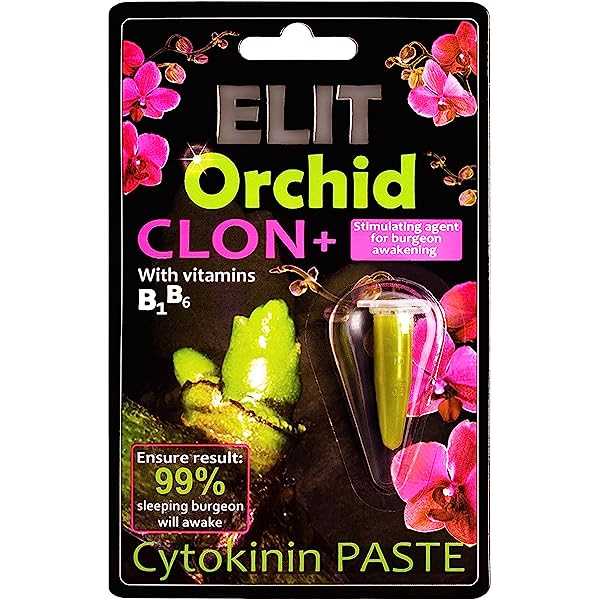
- Preventing Pest Infestations: Amber Acid can act as a natural insect repellent, protecting plants from pests such as aphids, caterpillars, and mites. By applying Amber Acid to plants, the strong odor emitted can deter insects and prevent them from laying eggs or feeding on the leaves.
- Boosting Immune System: Amber Acid has been shown to enhance the immune system of plants, making them less susceptible to diseases. When plants are treated with Amber Acid, their natural defense mechanisms are strengthened, allowing them to fight off pathogens more effectively.
- Inhibiting Fungal Growth: Amber Acid has antifungal properties, which can help prevent the growth and spread of fungal diseases in plants. By applying Amber Acid to plants, it creates an unfavorable environment for fungi, inhibiting their growth and protecting the plants from diseases such as powdery mildew and rust.
- Promoting Plant Health: By providing essential nutrients to plants, Amber Acid promotes overall plant health, making them more resistant to pest and disease damage. When plants are well-nourished, they are better equipped to defend themselves against invaders, resulting in healthier and more productive plants.
- Reducing the Need for Chemical Pesticides: With the use of Amber Acid, the reliance on chemical pesticides can be reduced. By incorporating this natural bioregulator into plant care routines, it can minimize the need for harmful chemicals, making it a more sustainable and eco-friendly option for pest and disease control.
Amplifying Antioxidant Effects
Amber acid, also known as succinic acid, is a natural compound that has been found to possess strong antioxidant properties. Antioxidants are substances that help protect the body against damage caused by free radicals, which are unstable molecules that can harm cells and contribute to various diseases.
When used as a bioregulator for plants, amber acid can amplify the antioxidant effects in plants, helping them to better resist oxidative stress. Oxidative stress occurs when there is an imbalance between the production of free radicals and the body’s ability to neutralize them.
By increasing the antioxidant capacity of plants, amber acid helps to reduce the damage caused by free radicals and improves the overall health and vitality of plants. This can lead to better growth, increased resistance to pests and diseases, and enhanced productivity.
Furthermore, amber acid has been found to stimulate the production of enzymes and other molecules involved in the antioxidant defense system of plants. This results in a more efficient and effective antioxidant response, further protecting plants from oxidative damage.
Additionally, studies have shown that amber acid can enhance plant tolerance to various environmental stressors, such as high temperatures, drought, and heavy metal toxicity. This is believed to be due to its ability to modulate and improve the plant’s antioxidant defense mechanisms.
In conclusion, amber acid acts as a powerful amplifier of antioxidant effects in plants. By enhancing the antioxidant capacity and defense systems of plants, it helps to protect them from oxidative stress and improve their overall health and resilience.
Facilitating Post-Harvest Preservation

When it comes to post-harvest preservation, Bioregulator Amber Acid for Plants can play a significant role. This natural product contains amber acid derived from natural resin. It has been proven to have several benefits in keeping harvested plants fresh for a longer duration.
Benefits of Bioregulator Amber Acid for Plants in Post-Harvest Preservation:
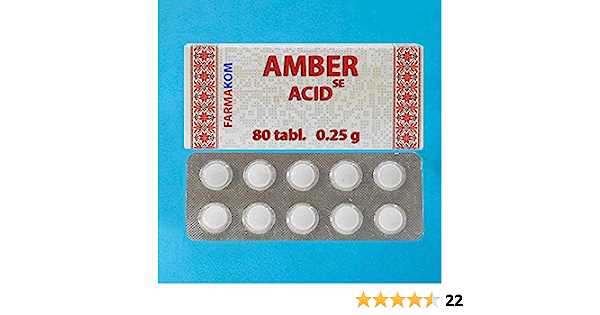
- Extended Shelf Life: The application of Bioregulator Amber Acid for Plants can help extend the shelf life of harvested plants. It inhibits the growth of microorganisms and delays the process of decay, ensuring that the plants remain fresh for a longer period.
- Reduced Losses: By preventing the spoilage and decay of harvested plants, Bioregulator Amber Acid can significantly reduce losses for farmers and distributors. It allows for better storage and transportation, ensuring that the plants reach the market in optimal condition.
- Quality Preservation: Amber acid helps in preserving the quality of harvested plants by maintaining their color, texture, and flavor. It slows down the enzymatic reactions that lead to degradation, allowing the plants to retain their nutritional value and taste.
- Protection against Pathogens: Bioregulator Amber Acid has antimicrobial properties and can inhibit the growth of various pathogens that can cause post-harvest diseases. This ensures that the plants are protected against common pathogens and maintain their health and appearance.
Application of Bioregulator Amber Acid for Post-Harvest Preservation:
Bioregulator Amber Acid can be applied to harvested plants through various methods, such as dipping, spraying, or vacuum infiltration. The specific application technique and dosage may vary depending on the type of crop and specific requirements.
It is important to follow the recommended usage guidelines provided by the manufacturer and conduct trials to determine the optimal application method and concentration for the desired results.
Conclusion:
Bioregulator Amber Acid for Plants offers significant benefits in post-harvest preservation. Its use can help extend the shelf life of harvested plants, reduce losses, preserve quality, and protect against pathogens. By incorporating this natural product into post-harvest preservation practices, farmers and distributors can ensure that their products maintain optimal freshness and quality, leading to increased marketability and customer satisfaction.
Question-answer:
What is amber acid?
Amber acid, also known as succinic acid, is a natural organic compound that is found in various plant and animal tissues.
How is amber acid beneficial for plants?
Amber acid has numerous benefits for plants. It acts as a growth stimulant by improving nutrient uptake, enhancing photosynthesis, and increasing the production of plant hormones. It also helps in the synthesis of proteins, carbohydrates, and chlorophyll.
In what forms is amber acid available for plants?
Amber acid is available in various forms such as liquid solutions, powder, and granules. These forms can be easily dissolved in water or mixed with soil for application.
What are the uses of amber acid in agriculture?
Amber acid is widely used in agriculture as a bioregulator. It can be used for seed treatment, foliar application, and soil application. It helps in increasing crop yield, improving plant resistance to diseases and pests, and enhancing overall plant health.
Is amber acid safe for plants?
Yes, amber acid is safe for plants when used in recommended doses. It is a natural compound and does not have any harmful effects on plants or the environment.
Are there any research studies supporting the benefits of amber acid for plants?
Yes, several research studies have been conducted on the benefits of amber acid for plants. These studies have shown that amber acid can significantly improve plant growth, increase crop yield, and enhance plant resistance to stress factors such as drought and high temperatures.
